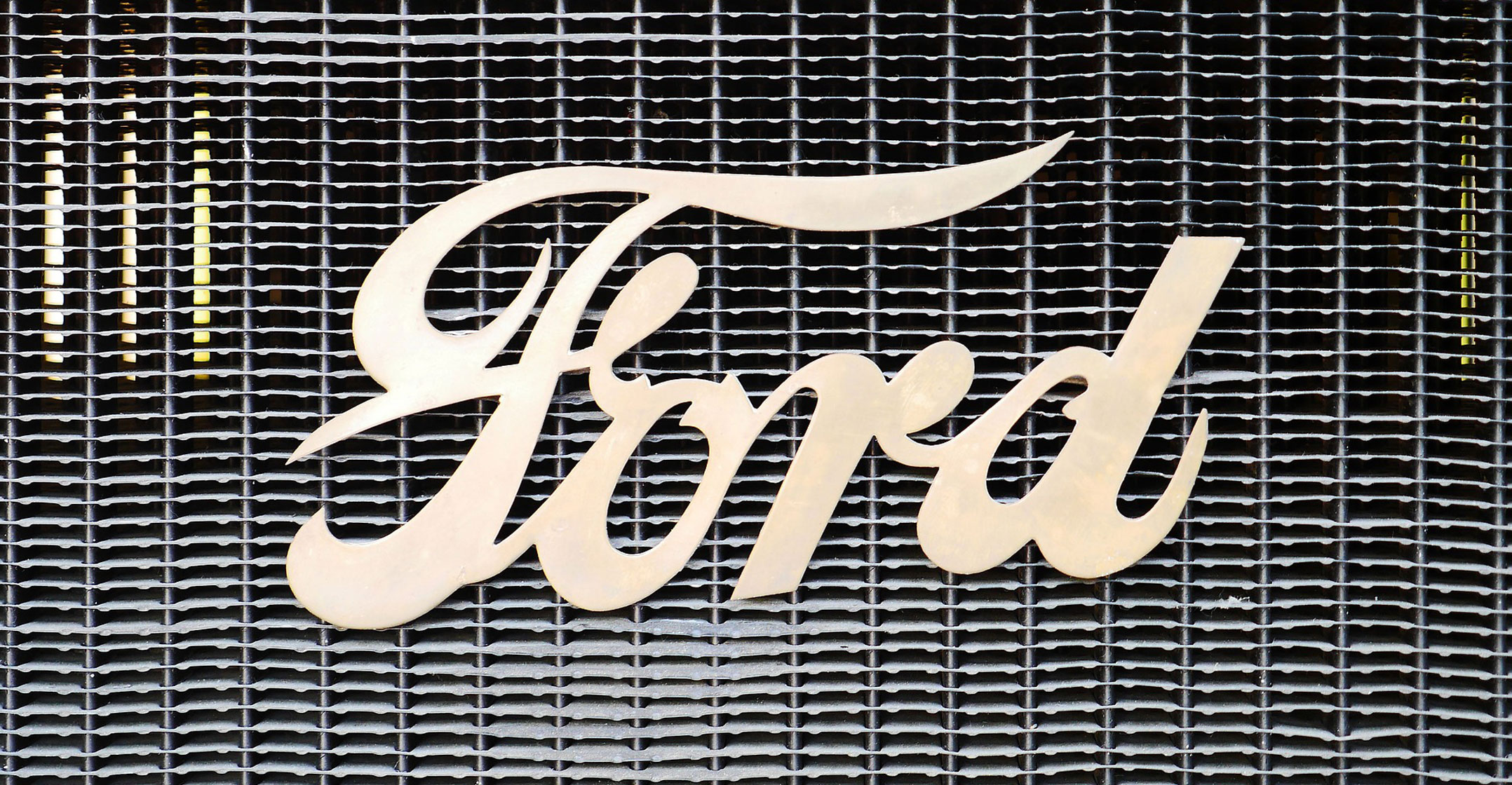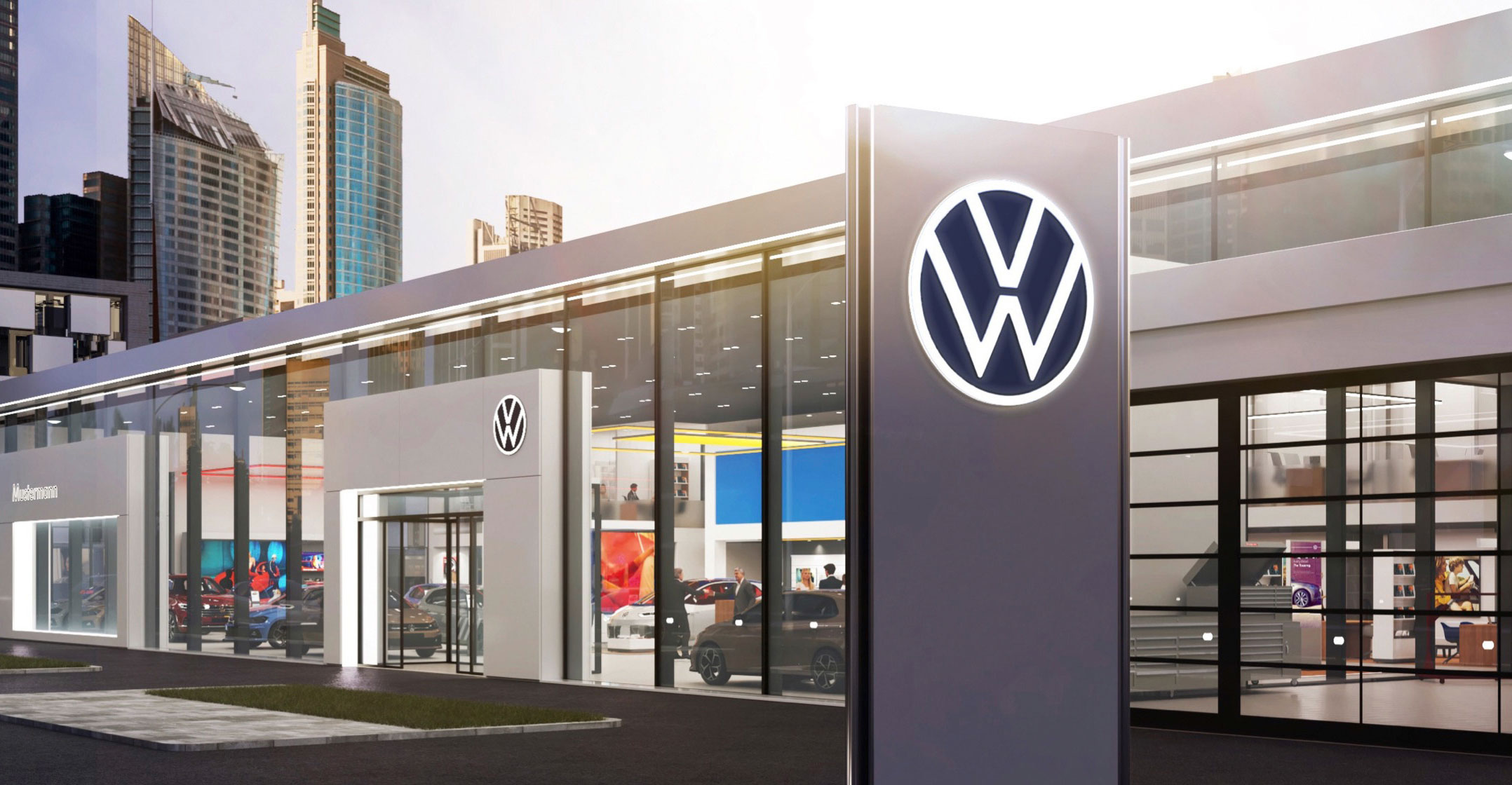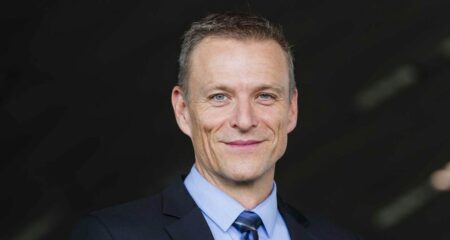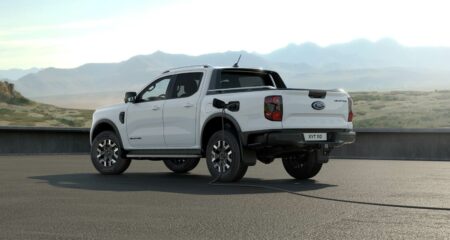 The Ford Motor Company of Southern Africa will next year launch the first phase of a four-year renewable energy plan with the intention of making its Silverton production plant completely self-sufficient for all its energy needs.
The Ford Motor Company of Southern Africa will next year launch the first phase of a four-year renewable energy plan with the intention of making its Silverton production plant completely self-sufficient for all its energy needs.
MD Neale Hill confirmed this on Tuesday at the launch of the Tshwane Automotive Special Economic Zone (SEZ).
Hill said Ford will be building a biomass plant on a parcel of land that has been identified for this purpose on its site in Silverton in Pretoria. He said it will be a cactus plant operation, with the organic product grown to supply the material for the biomass plant.
“This is actually part of the indirect jobs that we will be creating,” he added. “We will have farmers who will be establishing a crop that we will be using to run our biomass plant. It will be grown in and around the Pretoria area.”
Hill said energy security and the challenges around this is the key element of the rationale behind the project.
“In the spirit of going further, we are cognisant of the need for green initiatives that contribute towards sustainability. This green project will not only make our plant more environmentally friendly but also create more direct and indirect jobs,” he said.
He said the operation of the biomass plant will be outsourced to another company, which will be working with Ford on the project. Hill declined to name the company or comment on the investment Ford will be making in the project or the number of direct or indirect jobs it expects to be created.
Joins VW, BMW
Ford’s green energy project follows Volkswagen Group South Africa (VWSA) confirming last month that it is poised to implement a plan to move its manufacturing plant in Uitenhage, plus some of its component suppliers in an adjacent supplier park, off the national electricity grid.
Thomas Schaefer, chair and MD of VWSA, said a planned project involving the company investing in a R3.5-billion biogas facility that uses organic waste to produce electricity is in its final phase and the Uitenhage plant will be off the electricity grid in the next two to three years.
 BMW South Africa was the local automotive pioneer in this field. In October 2015, it started receiving power from biogas renewable energy company Bio2Watt from its first plant at a Beefcor feedlot in Bronkhorstspruit, which at the time was the first viable commercial biogas project in South Africa.
BMW South Africa was the local automotive pioneer in this field. In October 2015, it started receiving power from biogas renewable energy company Bio2Watt from its first plant at a Beefcor feedlot in Bronkhorstspruit, which at the time was the first viable commercial biogas project in South Africa.
The establishment of the Tshwane Automotive SEZ next to Ford’s Silverton plant will facilitate its vision of doubling its production to 200 000 vehicles a year in the next three to four years as part of a journey to become the largest Ford Ranger manufacturing facility in the world.
Thailand is currently the largest Ford Ranger producer in the world.
- Now read: VW to take its huge Uitenhage plant off the Eskom grid
- This article was originally published on Moneyweb and is used here with permission




